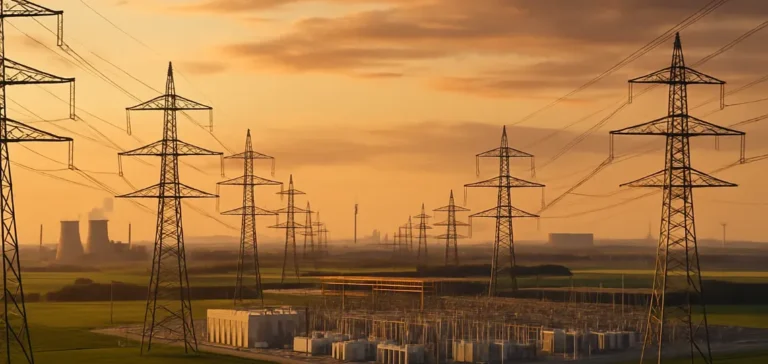The European Commission has introduced an extensive plan aimed at accelerating the modernization of Europe’s electricity grids. This ambitious initiative anticipates investments totaling around 584 billion euros by 2030 to enhance energy infrastructure. The goal is to facilitate the integration of the European electricity market by speeding up cross-border interconnection construction and simplifying regulatory procedures. The plan emphasizes that current delays directly hinder Europe’s economic competitiveness.
Regulatory revisions and new financial mechanisms
National regulators are urged to adapt their tariff methodologies to better accommodate anticipated investments. The proposed regulatory framework notably simplifies administrative procedures, significantly reducing authorization times for cross-border projects. Concurrently, financial support amounting to 1.5 billion euros will be allocated to manufacturers producing components for European electrical grids. The European Investment Bank (EIB) will play a central role by facilitating access to necessary financing.
The Clean Industrial Deal supports strategic sectors
In conjunction with grid reforms, the European Commission is launching the Clean Industrial Deal, which aims to mobilize at least 100 billion euros through a new Industrial Decarbonisation Bank. This initiative specifically targets energy-intensive industries such as metallurgy, chemicals, and heavy industry. The announced objective is to promote innovative industrial projects capable of reducing energy costs while supporting the competitiveness of European businesses.
A pilot program valued at 500 million euros will also be introduced to secure renewable energy Power Purchase Agreements (PPAs). Additionally, a circular economy plan and joint purchasing strategy for critical raw materials will complement these measures, clearly aimed at reinforcing Europe’s industrial and economic autonomy. These mechanisms are intended to mitigate the impact of fluctuating energy prices on industrial costs.
Strategic stance of the European Parliament
The European Parliament strongly endorses these initiatives. In a recent report adopted by a large majority, parliamentarians have clearly expressed their support for swiftly reinforcing Europe’s electrical grids, described as the “backbone” of the EU energy system. They also highlight the importance of enhancing the Carbon Border Adjustment Mechanism (CBAM), deemed essential to preserving the competitiveness of European industries against global pressures.
Operational and technical challenges
Despite these ambitious goals, several operational challenges remain. Technical and administrative complexities associated with cross-border projects may continue to slow the practical implementation of these reforms. Nevertheless, the European Union has acknowledged these issues by committing to regularly updating the regulatory framework in close consultation with national regulators and industry stakeholders.
Expected impacts on sector companies
Energy sector companies can now integrate these reforms into their long-term investment strategies. Improved access to public and private financing presents significant new development opportunities. However, ultimate success will largely depend on the speed of project execution and the ability of European institutions to maintain a stable regulatory environment over the long term.






















